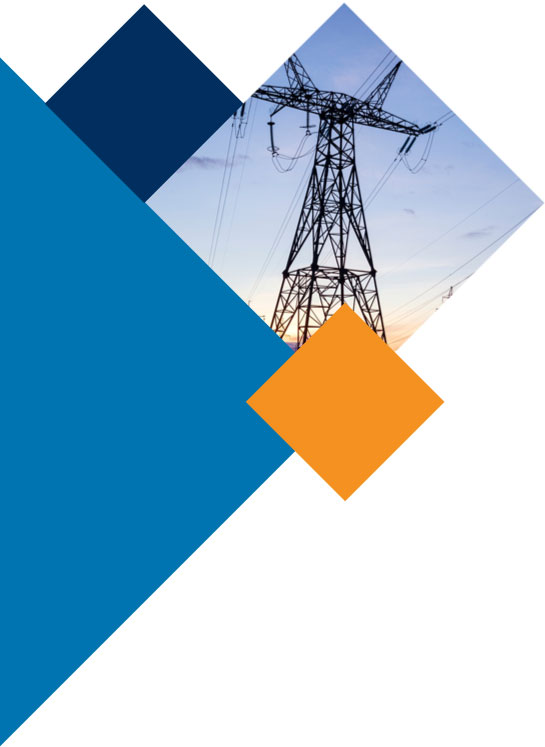Guest feature: What’s New at USDA Rural Development?

22 May 2023
economic development, GRE
Great River Energy invited several of its community partners to submit features to its newsletter that highlight the work they do to bolster Minnesota’s economic vitality. This edition’s guest feature comes from USDA Rural Development.
At the U.S. Department of Agriculture (USDA) Rural Development, we have been fortunate these past few years to have the ability to provide specialized funding opportunities that address some of the concerns facing our rural ag producers, businesses, residents and communities in the wake of a global pandemic.
Whether it’s assisting meat processors, strengthening our critical food supply chains or encouraging climate-friendly alternatives to energy and fertilizer, USDA is dedicated to providing affordable financing for the unique needs of America’s rural communities.
 Last August, President Joe Biden signed the Inflation Reduction Act (IRA) into law, which will help reduce energy costs for families and create thousands of well-paying jobs across rural America.
Last August, President Joe Biden signed the Inflation Reduction Act (IRA) into law, which will help reduce energy costs for families and create thousands of well-paying jobs across rural America.
The IRA represents the largest investment in rural electrification since the passage of the Rural Electrification Act in 1936. USDA Rural Development’s Rural Utilities Service (RUS) and Rural Business-Cooperative Service (RBCS) will oversee and implement this investment.
Certain sections of the IRA establish new loan and grant products, creating unprecedented incentives to expand clean energy, transform rural power production, generate jobs, and spur economic growth.
The IRA provides funding to help eligible applicants purchase renewable energy and zero-emissions energy systems and make energy efficiency improvements to reduce greenhouse gas emissions. New programs include:
- Affordable Clean Energy (ACE) Program: Features $1 billion in funding of partially forgivable loans for utility-scale clean energy projects, including wind, solar, hydropower, biomass, geothermal, and energy storage. ACE is designed to increase clean energy adoption in rural America and make it more affordable for consumers.
- Eligible entities include electric service providers such as municipal utilities, cooperatives, private-sector developers, and investor-owned or Tribal utilities.
- Empowering Rural America (New ERA) Program: Up to $9.7 billion in new funding is available for electric cooperatives to reduce greenhouse gas emissions by purchasing or deploying renewable energy, zero-emission systems, and carbon capture technology. Funding also can be used to make generation and transmission energy efficiency improvements. New ERA funding is designed to support long-term resiliency, reliability, and affordability. Applicants can request loans, grants, loan modifications, and other financial assistance.
- Rural Energy for America Program (REAP): While not a new program, additional funding of up to $2.025 billion is being made available through Rural Development RBCS, with $303 million set aside for underutilized technologies and technical assistance. More than $300 million has already been announced, with more to come. Most grants can cover up to 50 percent of total project costs. REAP funds support renewable energy and energy efficiency projects for tens of thousands of rural small businesses and farms.
More information on these programs and their funding opportunities will be made available in the very near future. For questions on IRA funding through Rural Development, email RD-RUS-IRA-Questions@usda.gov.
For questions regarding application windows and processes or for further program information on financing opportunities for powering sustainable rural communities, we encourage you to reach out to your local Electric General Field Representative.
We encourage you to subscribe to Rural Development GovDelivery updates, follow @RD_Minnesota @usdaRD and @USDA on Twitter, and visit www.rd.usda.gov to stay current on all things Rural Development, including webinars and official program rollouts by the Biden-Harris Administration and U.S. Ag Secretary Tom Vilsack.
Written by: Colleen Landkamer, USDA Rural Development Minnesota state director.
More Topics
.jpg)



